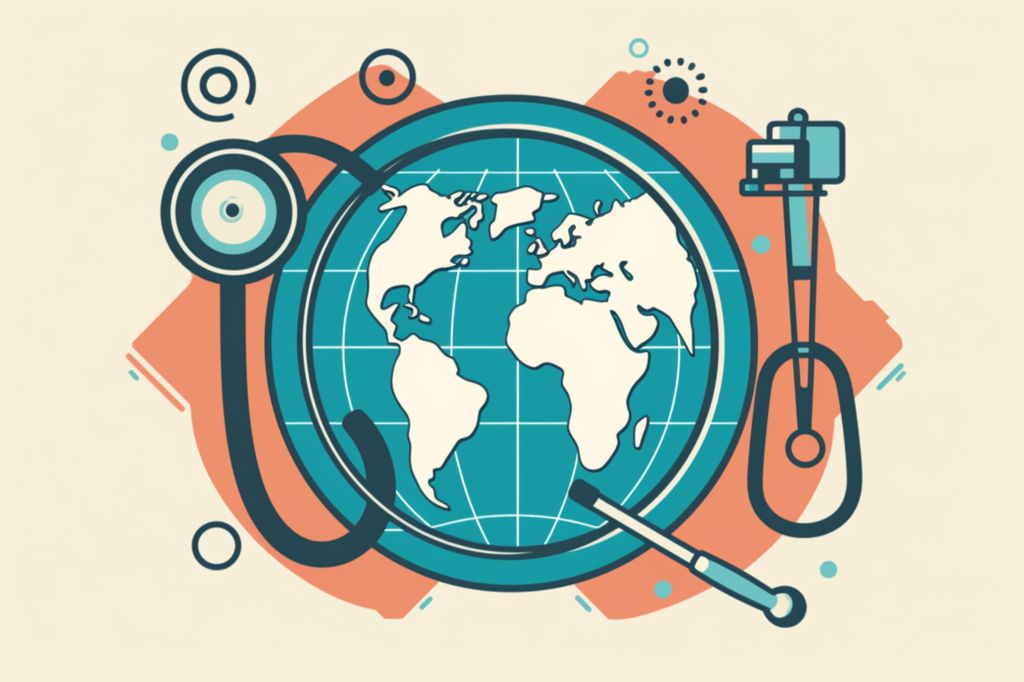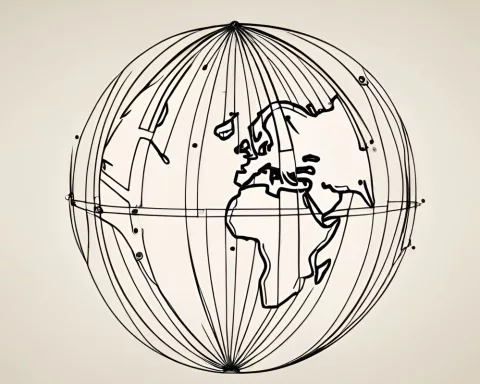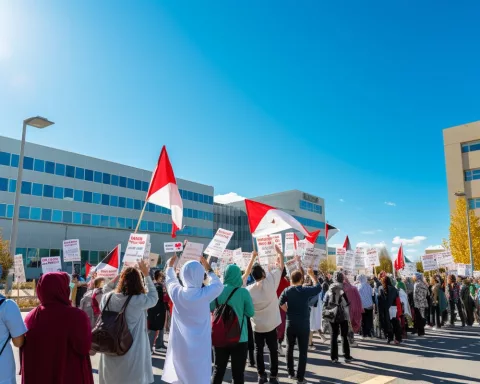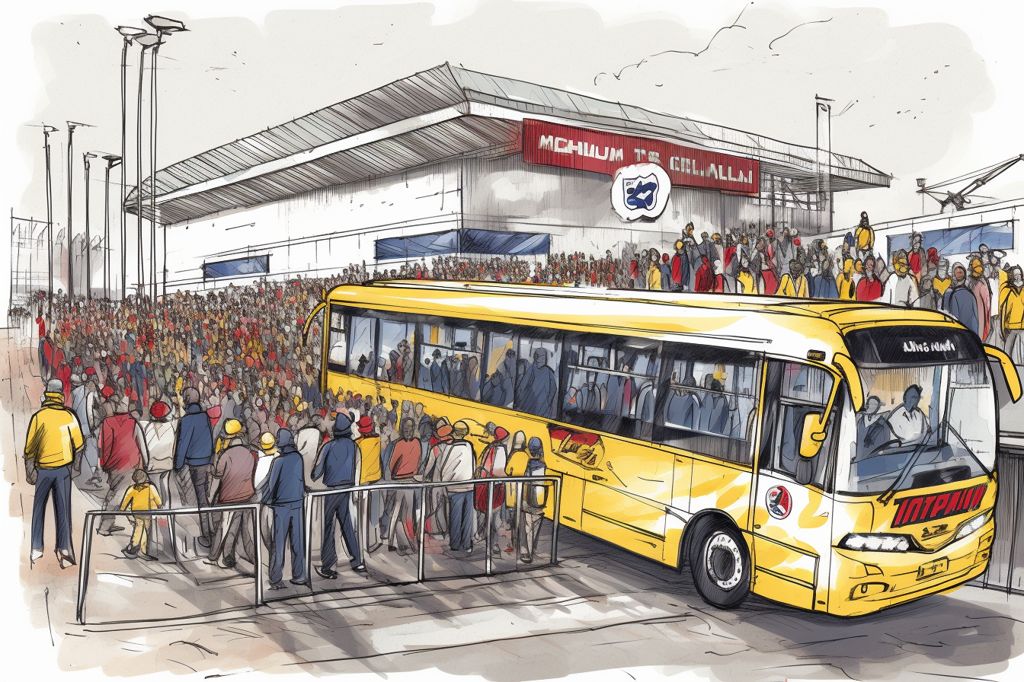The 76th World Health Assembly is a significant event for the global health community. The Assembly provides member states with an opportunity to come together and discuss healthcare delivery, public health, and the challenges faced by countries worldwide, especially those related to the COVID-19 pandemic.
Universal Health Coverage
Universal Health Coverage (UHC) is a crucial topic of discussion at the Assembly. UHC has the potential to improve health outcomes in low- and middle-income countries by addressing issues such as access to healthcare, financial protection, and quality care. COVID-19 has emphasized the importance of UHC, as many countries have faced disruptions to their health systems, requiring increased investment in health infrastructure and healthcare workers.
Pandemic Prevention, Preparedness, and Response
The ongoing COVID-19 pandemic and the potential threat of future pandemics are significant concerns for the Assembly. The WHO and member states will discuss strategies for improving global health security, strengthening health systems, and ensuring that vaccines, therapeutics, and other medical supplies are accessible to all countries.
South Africa’s Participation
South Africa has been an active participant in the Assembly, contributing to discussions around UHC and pandemic response. The country has also benefited from partnerships with other member states, such as the US, which have provided critical support for South Africa’s healthcare system. The Bilateral Health Forum established between the two countries in July 2022 highlights how international partnerships can facilitate collaboration on healthcare programs and initiatives.
The 76th World Health Assembly is an essential platform for member states to come together, share knowledge, and work towards improving global health outcomes. South Africa’s participation in the Assembly and its partnerships with other member states demonstrate the country’s commitment to addressing healthcare challenges, both domestically and globally.












